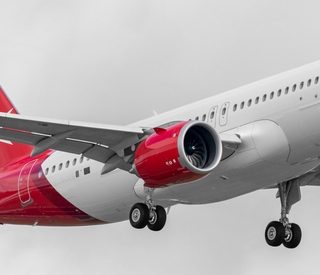
There are about a million and one niches in the tourism sector. Historic tourism, festival tourism, business tourism. Each country has an array of niches to target and attract. Some, like Malta, are lucky enough to not have to work as hard. Our climate, history, language, cuisine, and landscapes are all already enough to entrance even the coldest of hearts.
Still, the trick is to not be complacent. Our economy is heavily dependent on our tourism product and how efficient our services are. This is where we may look to other countries for ‘silent guidance’.
2019 has brought along the new concept of Smart Tourism, thanks to the EU initiative The European Capital of Smart Tourism. Earlier, the European Parliament proposed to secure funds during 2018 and 2019 through a Preparatory Action. The initiative seeks to strengthen tourism-generated innovative development in EU cities and their surroundings, increase their attractiveness as well as strengthen economic growth and job creation. It also aims to establish a framework for the exchange of best practices between cities participating in the contest, create opportunities for cooperation and new partnerships.
The trick is finding what works for you. Just last week Malta’s Institute for Tourism Studies, the ITS, launched a new M.A. in International Hospitality Mangament to ensure a new work-force that is trained in much more than what we consider ‘traditional’ ways of sustaining your tourism sector. Tourism nowadays has alot to do with business, and business loves rules, etiquette, and thinking outside the box.
Smart Tourism has proven to be worth looking into, especially considering the EU is currently name-dropping some of its member states as 2020’s European Capital of Smart Tourism. The ‘winner’ is chosen based on the country’s accessibility, best practices in tourism and hospitality, and digitalisation, amongst others.
The EU Capital of Smart Tourism is in turn obliged to raise awareness on exisiting smart tourism tools and facilitate the exchange of information between member states. Above all, the concept of Smart Tourism is expected to re-invent the European characteristic of peer-to-peer education, a main foundation of the European Union.
The real question is: does Malta have what it takes to be a Smart Tourism guru? Well, with a 2.3% increase in passenger traffic during the first three months of 2019, a 4.2% increase in nights during the same period, and an ambitious long-term Government strategy to enchance Malta’s connectivity with non-European destinations and increase human resources, it’s safe to say Sunny Malta can soon add ‘The Island of Smart Tourism practices’ to its resume.






